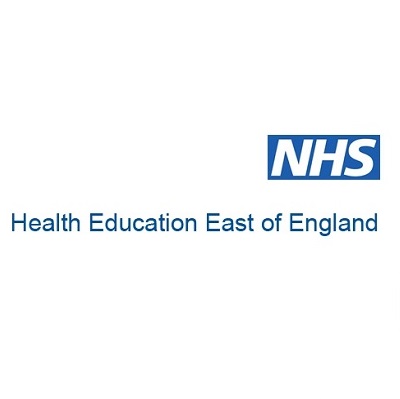Dear Colleagues,
RE: Position Statement on Trainees’ Written Reflections
Academy of Medical Royal Colleges_Guidance_on_e-Portfolios
I am writing to you as the Postgraduate Dean and Responsible Officer for postgraduate medical trainees, in EoE, to clarify the position with regard to trainees’ written reflections. I am aware that there have been some confusing messages about this recently.
The General Medical Council make it clear in Good Medical Practice that reflection is the key to effective continuing professional development, and is a skill that must be developed and practised by all doctors (http://www.gmc-uk.org/education/continuing_professional_development.asp).
All aspects of a doctor’s professional work, including interactions with colleagues and patients, must be reflected upon. It is equally important that all doctors are open to reflect on critical incidents and complaints. Trainees must continue to do this in discussion with their supervisors and provide evidence of this activity at ARCP. This is no different to the expectation that all consultants, non-training grade doctors and GPs reflect for their annual appraisal and that without this evidence no doctor can revalidate.
Recently, a trainee released a written reflection to a legal agency, when requested, which was subsequently used as evidence against the trainee in court. This has resulted in questions about whether trainees should still provide reflection about incidents in their portfolios.
HEE – East of England is clear that all doctors have to provide written reflections for their ARCP and appraisal, and so doctors in training must continue to write reflections, especially when there are things that do not go well. This is an essential part of training and is needed to progress through a postgraduate training programme.
However, it is important that doctors in training should be mindful that their reflections are carefully written and focus on the learning gained from such events. In order to comply with Information Governance, there must be no patient identifiable information contained within written reflections.
Although the law will continue to challenge us, we need to continue to maintain our Professional approach, including reflection for learning. We would encourage doctors in training to continue to
discuss their reflections with supervisors, and to seek advice from senior doctors if they have any concerns about how to reflect on a specific incident.
Doctors in the early years of postgraduate training may benefit from more guidance and support in developing their reflective writing skills, and we would expect educational supervisors to provide this. For those who want to improve their skills in reflective writing please see the link below:
http://www.lpmde.ac.uk/professional-development/elearning-support-and-self-review-modules
Yours Sincerely,
Professor Bill Irish
Postgraduate Dean (GMC 3132872)

